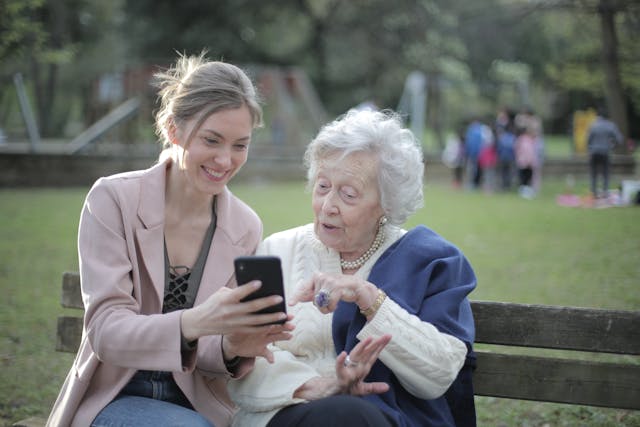Areas Where Smart Elderly Care Solutions Are Making an Impact
Smart elderly care solutions have revolutionized how we support and care for older adults in today's digital world. These technologies combine the power of computers, sensors, and the internet to make life easier and safer for seniors. From wearable devices that track health to smart home systems that help with daily tasks, these innovations are changing what it means to age. They allow older adults to stay independent longer, while giving their families peace of mind. These solutions can monitor health, remind seniors to take medication, detect falls, and even provide virtual companionship. They're not just making care more efficient; they're improving the quality of life for many older people. As our population ages, these smart technologies are becoming increasingly important, offering new ways to address the challenges of growing older and helping seniors stay connected, healthy, and active in their communities.
Areas Where Smart Elderly Care Solutions Are Making an Impact
Smart elderly care solutions have introduced a range of innovative technologies that are transforming the aging experience. Here are five key areas where these solutions are making a significant impact:
Health Monitoring Wearables
Health monitoring wearables and IoT devices have revolutionized elderly care. Smartwatches and fitness trackers continuously monitor vital signs, detecting irregular patterns and alerting caregivers to potential health issues. Advanced wearables can even detect falls and call for help automatically. IoT for elderly expands this concept, creating a network of connected devices in seniors' homes, including smart sensors for sleep monitoring, medication dispensers, and voice-activated assistants. These technologies provide real-time health information to families, reduce the need for constant in-person check-ins, and can catch health problems early. By combining wearables and IoT, a comprehensive system emerges that supports elderly independence while ensuring their safety and well-being.
Smart Home Systems
Smart home technology has been tailored to meet the needs of older adults. These systems can control lighting, temperature, and security with voice commands or smartphone apps, making it easier for seniors with mobility issues to manage their environment. Smart doorbells with cameras allow seniors to see and communicate with visitors without opening the door. Automated medication dispensers can remind seniors when it's time to take their pills. These technologies not only make daily life more comfortable but also enhance safety, allowing older adults to live independently in their homes for longer.
Telemedicine Platforms
Telemedicine has become a game-changer in elderly care, especially for those with limited mobility or living in remote areas. These platforms allow seniors to consult with healthcare providers via video calls, reducing the need for frequent trips to the doctor's office. They can discuss symptoms, get prescriptions renewed, and even receive some forms of therapy online. Many telemedicine apps are designed with senior-friendly interfaces, making them easy to use. This technology ensures that older adults can receive regular medical attention and manage chronic conditions more effectively, all from the comfort of their homes.
AI-Powered Companions
Artificial Intelligence (AI) is being used to create virtual companions for the elderly. These can be in the form of chatbots, voice assistants, or even robot pets. These AI companions can engage in conversations, provide reminders for medications or appointments, and offer cognitive stimulation through games and puzzles. They help combat loneliness and isolation, which are common problems among older adults. Some advanced systems can even learn the senior's routines and preferences, providing personalized interactions and alerts if there are concerns about changes in behavior or routine.
GPS Tracking Devices
GPS tracking devices designed for seniors are particularly useful for those with memory issues or at risk of wandering. These can be worn as pendants, watches, or even incorporated into shoes. They allow caregivers to locate the senior quickly if they get lost or confused. Some devices include geofencing features that alert caregivers if the wearer leaves a designated safe area. This technology provides peace of mind for families and allows seniors with early-stage dementia or Alzheimer's to maintain some independence while ensuring their safety.
Conclusion
Smart elderly care solutions are revolutionizing the way we approach aging. These technologies offer increased independence, improved safety, and better health monitoring for seniors, while providing peace of mind for their families. As these solutions continue to evolve, they promise to make aging in place more feasible and enjoyable. While they can't replace human care and interaction, they serve as valuable tools in enhancing the quality of life for older adults. As our society continues to age, these smart solutions will play an increasingly crucial role in ensuring dignified, comfortable, and connected lives for seniors.

